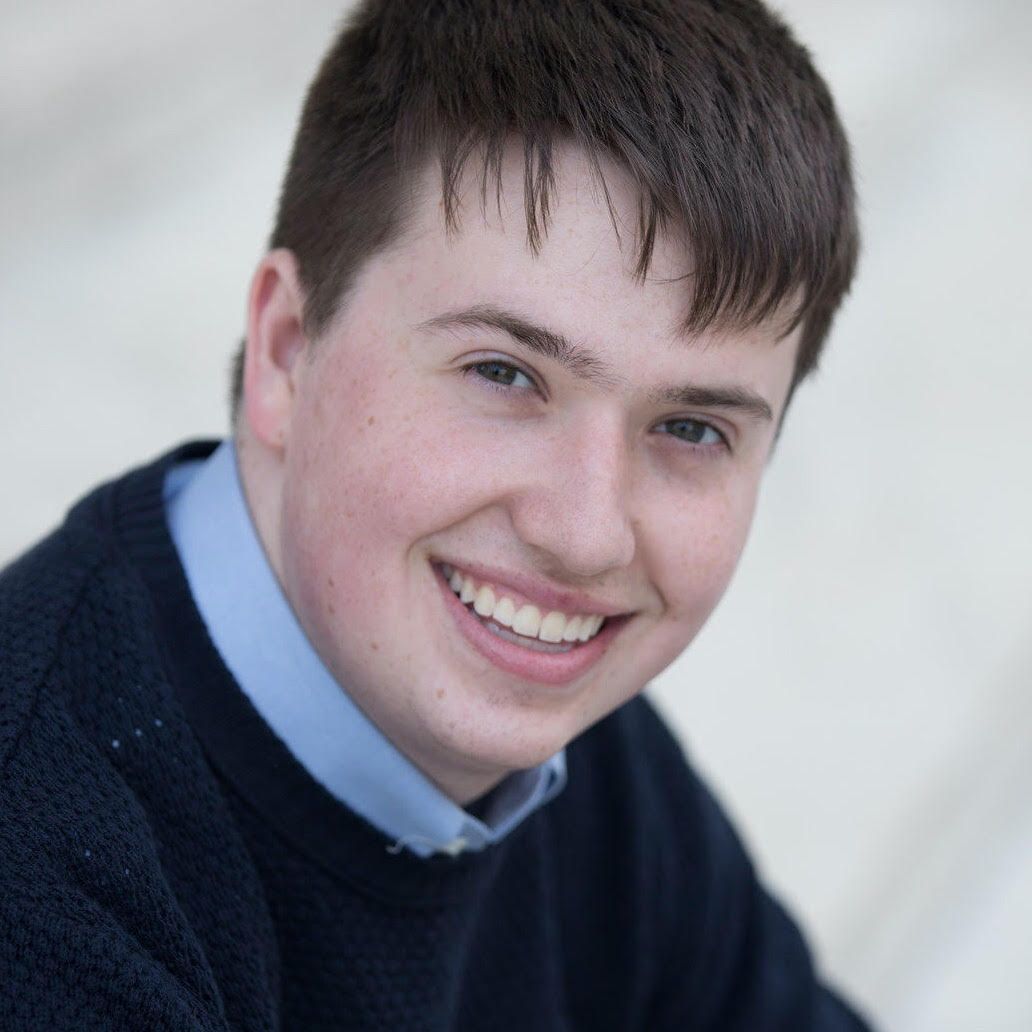Computer science PhD student dePaul Miller ’20 ’23G was recently awarded a $12,000 Supplemental Stipend Fellowship Award from the Koerner Family Foundation (KFF).
KFF promotes engineering innovation, research, and development by supporting graduate students at American engineering institutions. The foundation seeks to inspire future generations of research-oriented engineers while helping the U.S. maintain global competitiveness across all engineering disciplines.
Miller works with Roberto Palmieri, an associate professor of computer science and engineering (CSE), and the Scalable Systems and Software (SSS) research group on high-performance heterogeneous and distributed systems.
His goal is to develop systems that efficiently utilize the CPU and GPU to meet current system demands. In other words, he wants to create computer systems that are powerful and diverse in terms of their components to handle a wide range of tasks efficiently.
As part of his work in this group with Palmieri and CSE Professor Henry (Hank) Korth, Miller wrote a paper, “OCToPus: Semantic-aware Concurrency Control for Blockchain Transactions,” that was accepted as a poster at PPoPP 24 (ACM SIGPLAN Symposium on Principles and Practice of Parallel Programming 2024).
“With modern technology, we are approaching the limits of transistors in a single chip, so we have to reevaluate how we approach computing,” says Miller. “Heterogeneous systems broaden the realm of possibilities by using multiple chips, and adapting algorithms to these systems will make powerful computing cheaper and more accessible.”
Miller has completed three internships with NVIDIA, where he worked on creating efficient mathematical operations, optimizing for specific hardware architectures, and improving the overall performance of a library used for deep learning and linear algebra (CUTLASS).
Miller says the supportive environment of the faculty and fellow graduate students in the SSS research group has contributed to his success.
“Everyone has their specialties, so they bring a lot of interesting perspectives to the table,” he says. “Every week, someone will present a new paper, and we’ll all sit down and discuss it. It’s a lot of fun to be a part of a lab culture where we can do social things together and do impactful research.”

